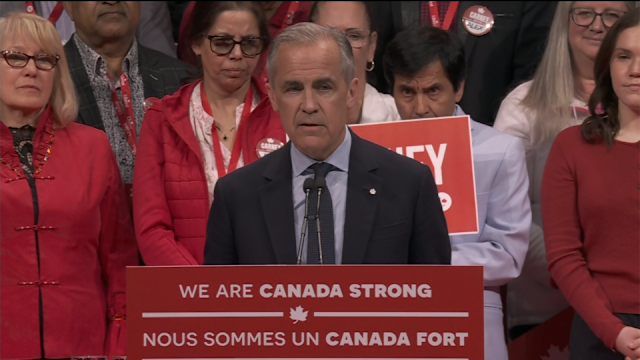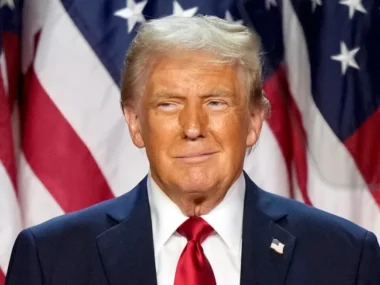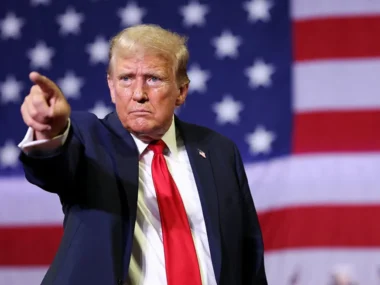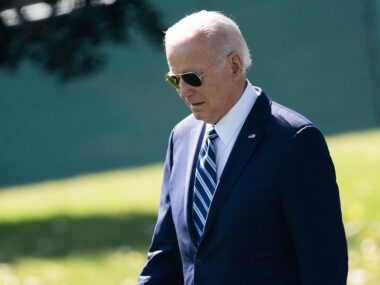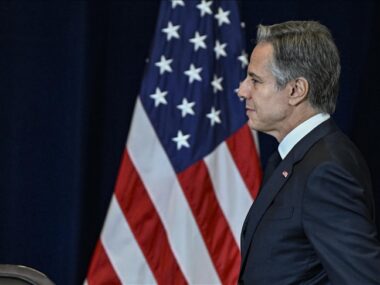Canadian Prime Minister Mark Carney declared his country’s firm stance against yielding to pressure from the U.S., following a federal election win early Tuesday. His campaign was heavily shaped by ongoing tensions with President Donald Trump, including aggressive trade tariffs and political provocations.
In a powerful victory speech, Carney rejected Trump’s approach and emphasized unity, pledging to serve all Canadians. He warned of what he described as U.S. attempts to dominate Canada’s land and resources, stating firmly, “That will never ever happen.”
Carney also repeated his campaign stance that Canada must prioritize self-reliance in light of what he called America’s betrayal, stressing the importance of national solidarity and mutual care.
Though the Liberal Party secured a fourth consecutive term, they fell short of a majority, winning 169 seats—just three under the threshold to govern without coalition support. Several closely contested districts may face judicial recounts.
Conservative leader Pierre Poilievre conceded defeat, suffering a major personal loss as well—losing his long-held Carleton seat to Liberal Bruce Fanjoy. This marked a significant downturn for the Conservatives, who had led in polls before Trump’s political resurgence.
World leaders from countries including Mexico, the U.K., Australia, and the EU extended congratulations to Carney. His office confirmed that Trump also called to offer congratulations. Both leaders reportedly agreed to meet soon, acknowledging the need for cooperation between the two sovereign nations.
A transformed race
Mark Carney, 60, a former central banker, rose to lead the Liberal Party after a landslide victory following Justin Trudeau’s resignation last month. He has become a prominent critic of President Trump, centering his campaign on resisting U.S. threats—particularly Trump’s suggestion that Canada could become the “51st state.”
Initially favored to win, Conservative leader Pierre Poilievre saw his momentum fade amid public backlash to Trump’s trade tariffs and sovereignty threats. What began as a domestic political contest shifted into a broader referendum on Canadian independence from U.S. influence.
Poilievre, despite his loss, pledged to cooperate with Carney and other parties to uphold Canada’s sovereignty and national interests, declaring, “We will always put Canada first” in the face of Trump’s pressures.

Prime Minister Mark Carney addresses supporters at Liberal Party election HQ in Ottawa, Ontario, on April 29, 2025.
Before entering politics, Mark Carney had never held elected office. His background lies in global finance, where he guided economies through major crises, including steering Canada through the 2008 financial collapse and helping the UK manage Brexit as governor of the Bank of England. Drawing parallels between Brexit and current U.S. tariff threats, Carney has consistently argued that Canada must chart its own course, independent of U.S. dominance.
Throughout the campaign, Carney positioned himself as a centrist expert capable of leading Canada through economic instability. “I understand how the world works,” he told podcaster Nate Erskine-Smith, referencing his deep experience with major corporations, financial systems, and markets.
Trump’s tariffs—25% on Canadian steel, aluminum, cars, and threats against lumber and pharmaceuticals—have rattled the economy and raised fears of recession. Carney has openly acknowledged the challenges ahead, warning of job losses and economic strain, but pledged to rebuild Canada’s industrial base with new homes, factories, and energy initiatives to reduce U.S. dependence.
While Carney hasn’t shut the door on talks with Trump, he’s also taken strategic steps to strengthen partnerships with more dependable allies. His first international visit as prime minister was to Europe, where he met with French and British leaders to expand security and economic cooperation.
In his early Tuesday victory speech, Carney made clear that any future meeting with Trump would focus on establishing a stable economic and security relationship between two sovereign nations.

Conservative Party Leader Pierre Poilievre addresses his supporters with his wife Anaida Poilievre by his side on April 29, 2025, in Ottawa, Canada.
“He stated that Canada has numerous alternatives beyond the U.S. for ensuring national prosperity.”
Experts believe many Canadians view Carney as a strong candidate to handle a potential trade conflict with a long-time partner.
Earlier this month, Carney emphasized unity and decisive action during times of crisis, presenting himself as the right leader to challenge Trump.
Tuesday also brought uncertainty for the New Democratic Party, which failed to secure enough seats to maintain official party status. The centre-left party has previously supported Liberal minority governments. Its leader, Jagmeet Singh, announced his resignation after losing his seat.
Singh expressed that Carney carries a vital responsibility to safeguard Canadian interests and sovereignty against threats posed by Donald Trump.

